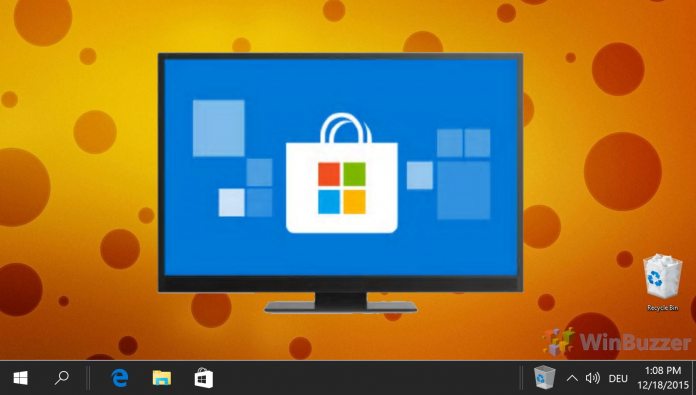As Microsoft builds for the removal through 2021, the company says apps that a “available for acquisition” are no longer on the Microsoft Store. As Microsoft shifts its app focus to UWP (Universal Windows Platform) and PWAs (Progressive Web Apps), the company sees little need for pushing education and business users to specific portals. It’s also another sign that developers are mostly uninterested in developing classic apps for Windows 10. Microsoft has yet to officially say the Business and Education sections will leave the Store. However, internal discussions have already taken place a year ago and 2021 will be a year of transition. Not allowing paid apps through those portals is the first big step. Microsoft says the cut off date is April 14. After that, users will need Azure Active Directory to access the business and education stores.
— Hoyty (@hoyty) March 11, 2021
What’s Next?
Formerly known as the Windows Store for Business, the Business and Education sections allow users to browse and download enterprise-specific apps. More importantly, it gave business-centric app developers a place to get their apps noticed beyond the commercial store. Interestingly, any app permitted onto the Business Store must be vetted by Microsoft. It will be interesting to see how the company continues to ensure legitimacy once business apps once again fold into the commercial store. Tip of the day: Did you know that a virtual drive on Windows 10 can help you with disk management for various reasons? A virtual drive is just simulated by the platform as a separate drive while the holding file might be stored anywhere on your system . The data in the drive is available in files or folders, which are represented by software in the operating system as a drive. In our tutorial we show you different ways how to setup and use such virtual drives.




